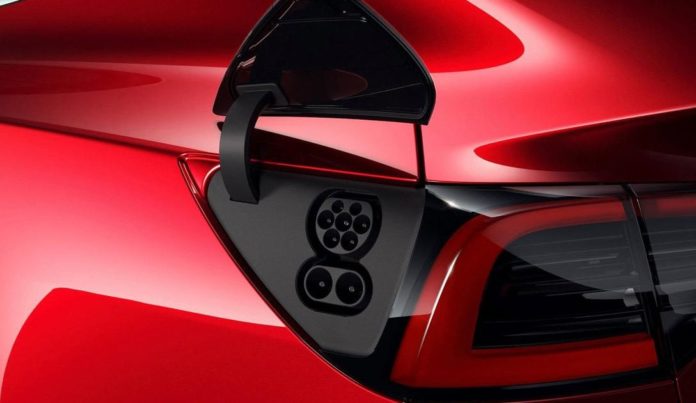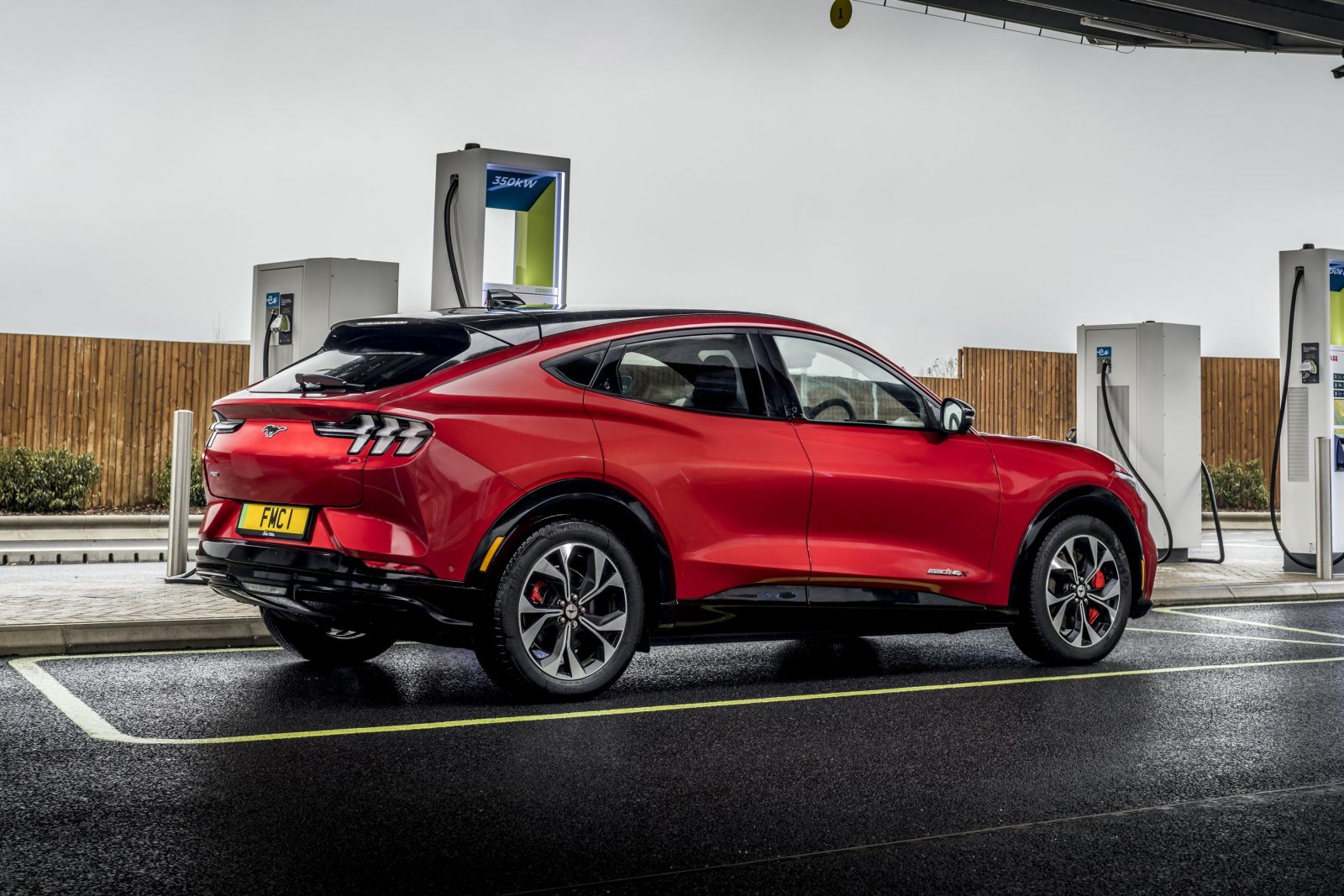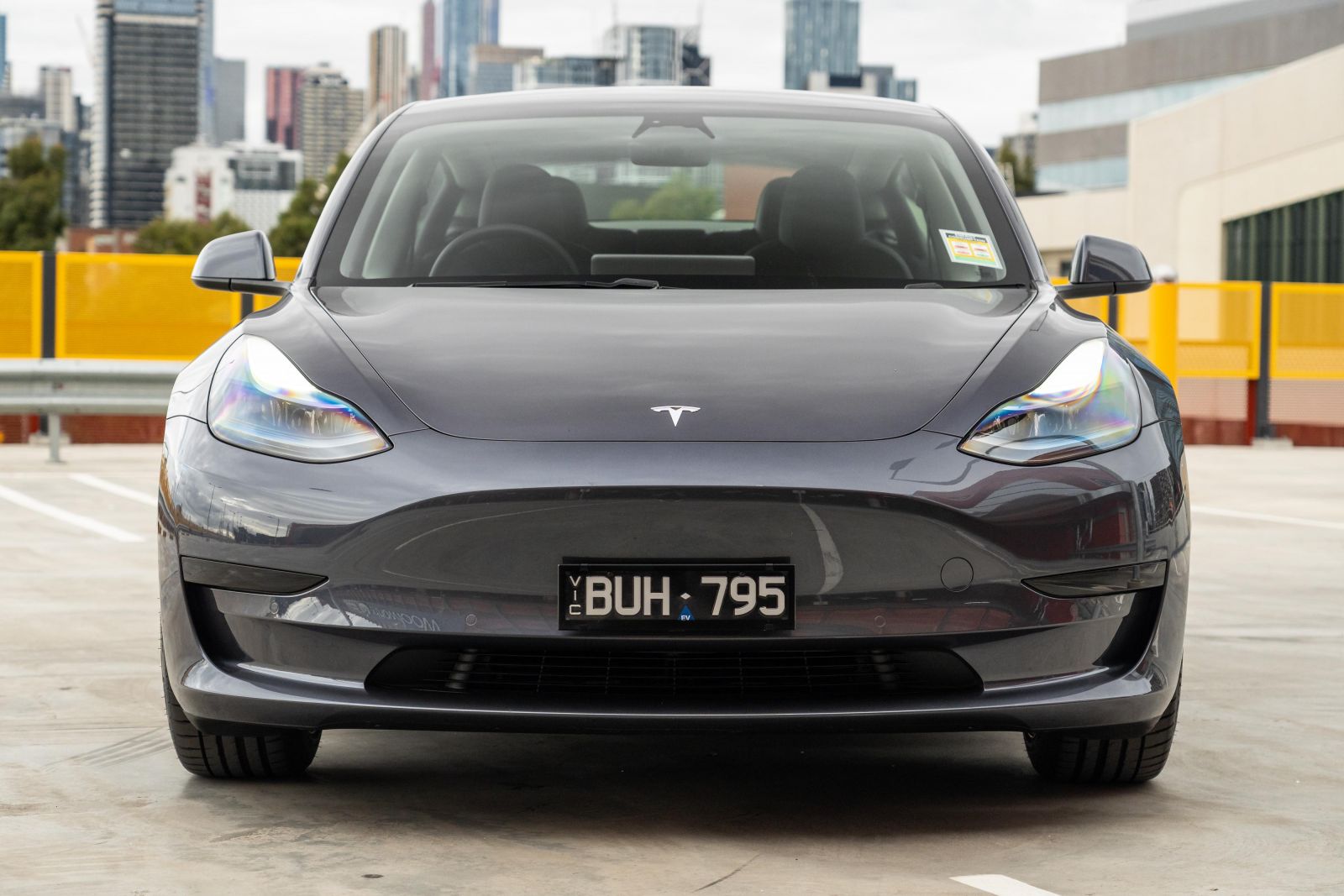Australian and international researchers have successfully fabricated and tested a lab-scale sodium-sulphur battery that potentially has four times the energy capacity of lithium-ion battery, and is cheaper to produce.
The group was led by Dr Shenlong Zhao from the University of Sydney.
This comes as research company BloombergNEF (BNEF) found in its annual battery price survey the price of lithium-ion battery packs grew 7.0 per cent since 2021.
It’s the first increase in lithium-ion battery prices since BNEF began tracking the market in 2010, which found volume-weighted average prices for li-ion packs across all sectors increased to $US151 per kWh of capacity ($A223).
-
Volvo EX90
Sodium-sulphur (Na-S), which is a type of molten salt that can be processed from sea water, has been used in batteries for over 50 years but has been historically plagued with low energy capacity and short lifecycles.
The university researchers shook this theory up by using a pyrolysis process and carbon-based electrodes to improve the reactivity of sulphur and the reversibility of reactions between sulphur and sodium.
In turn this Na-S battery exhibited “super-high capacity and ultra-long life” at room temperature, according to the researchers.
-
Ford Mustang Mach-E
Dr Zhao’s Na-S battery has been designed specifically as a solution for large-scale renewable energy storage systems. It’s unclear if the battery technology would translate and perform competitively in the automotive world.
“Our sodium battery has the potential to dramatically reduct costs while providing four times as much storage capacity,” said Dr Zhao.
“This is a significant breakthrough for renewable energy development which, although [it] reduces costs in the long term, has had several financial barriers to entry.
-
Tesla Model 3
“We hope that by providing a technology that reduces costs we can sooner reach a clean energy horizon. It probably goes without saying but the faster we can decarbonise – the better chances we have of capping warming.”
The next step for the university researchers is to improve and scale the battery technology in Ah-level pouch cells before looking at opportunities to commercialise it.
MORE: EV battery prices increased this year, for the first time




